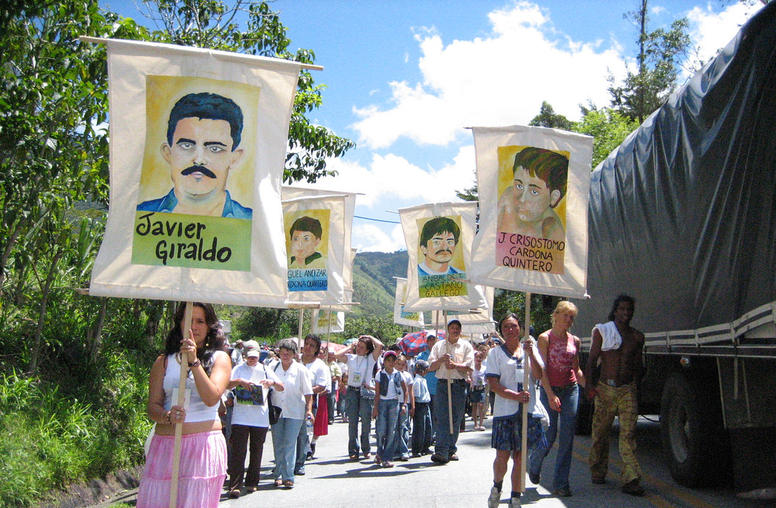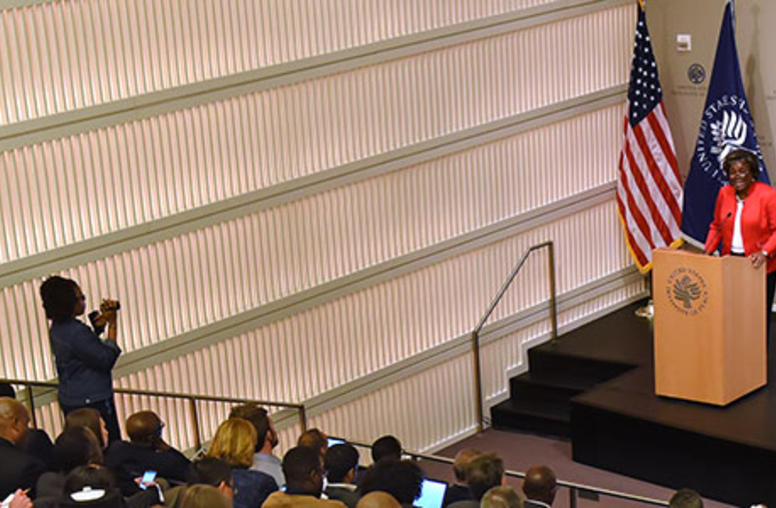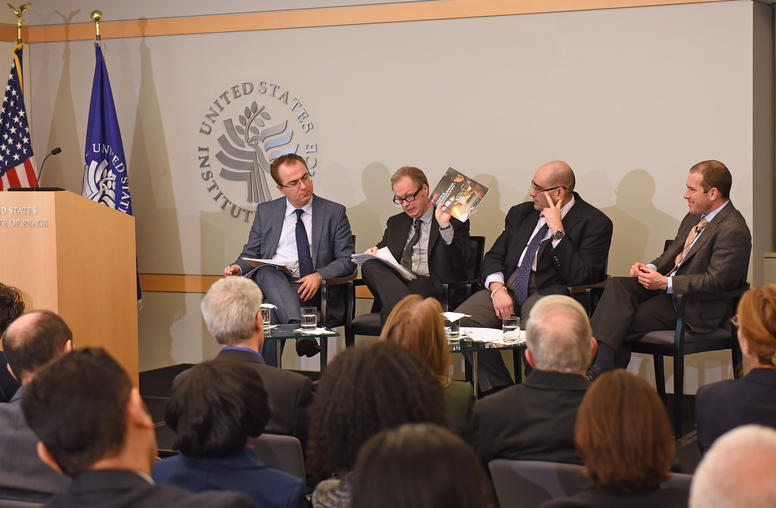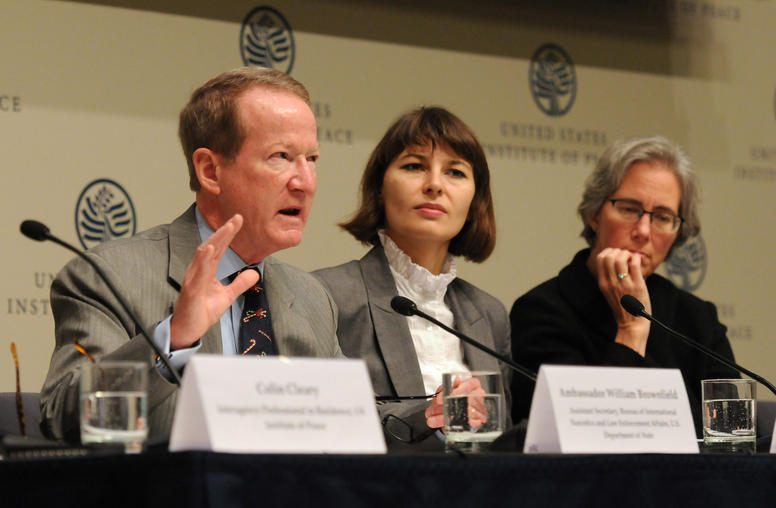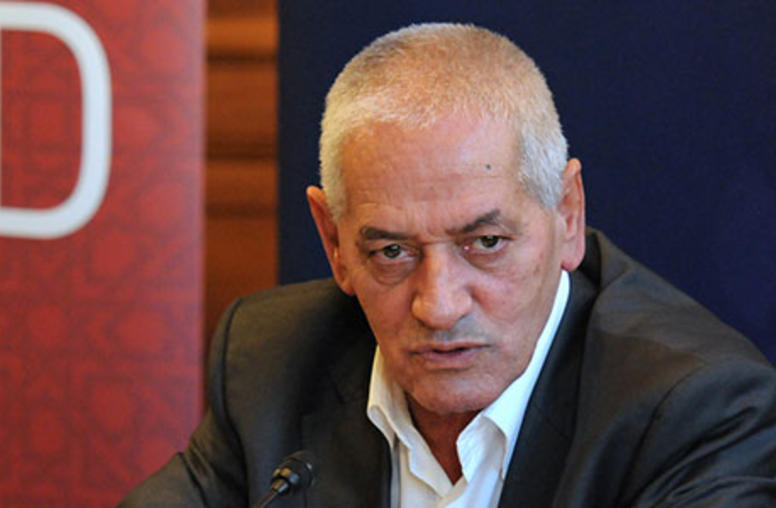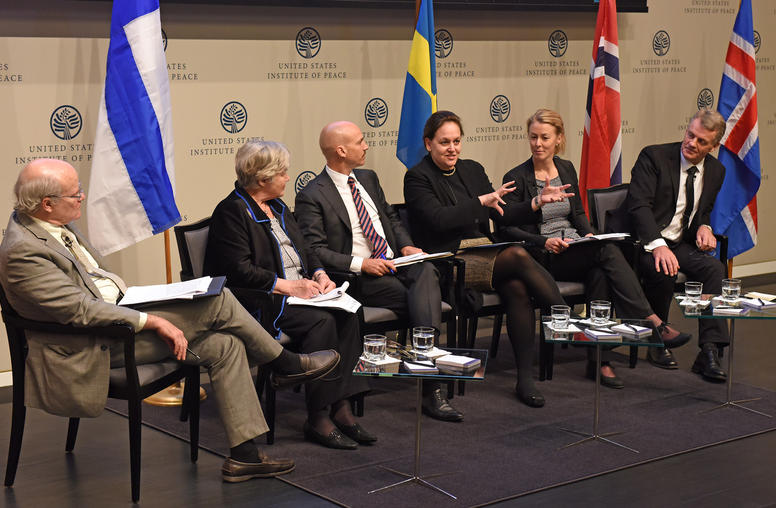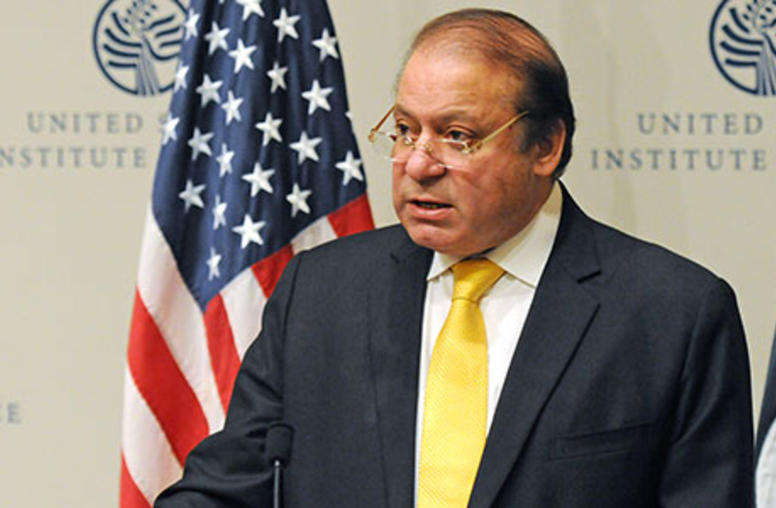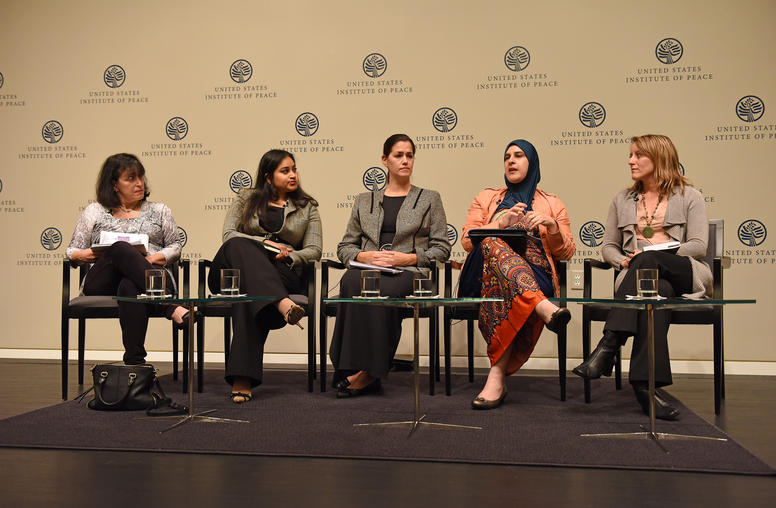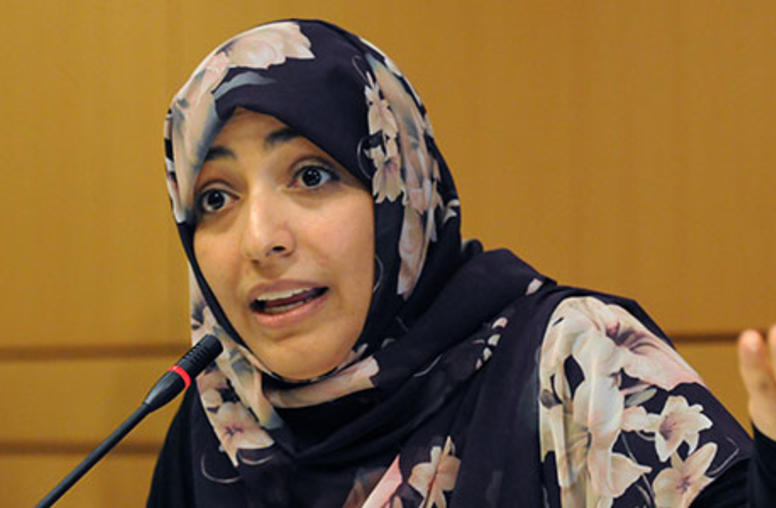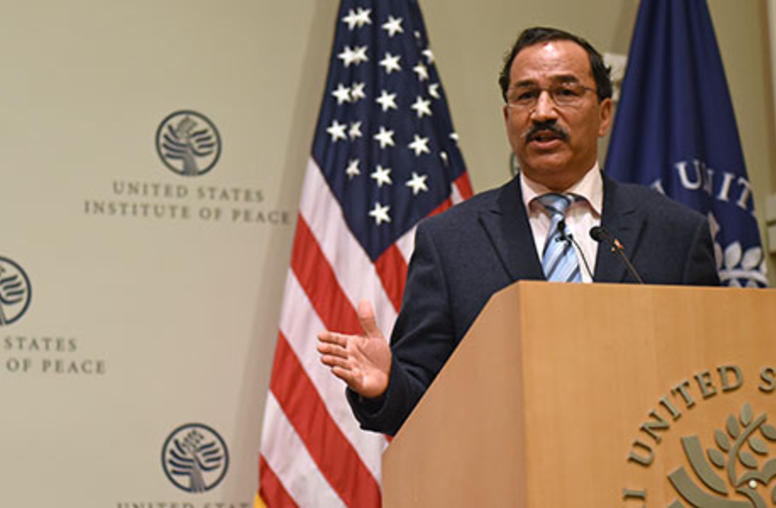
Nepal Earthquake One Year Later: Deputy PM Addresses Political Process, Lessons from the Response
The April 2015 earthquake in Nepal killed almost 9,000 people and posed serious challenges to the country’s still-tenuous recovery from years of civil war amid an ambitious renegotiation of its constitution. On the first anniversary of the disaster, the U.S. Institute of Peace hosted Nepal’s Deputy Prime Minister and Foreign Minister Kamal Thapa for a discussion of the earthquake’s aftermath, the nation’s political transition and ways forward.
